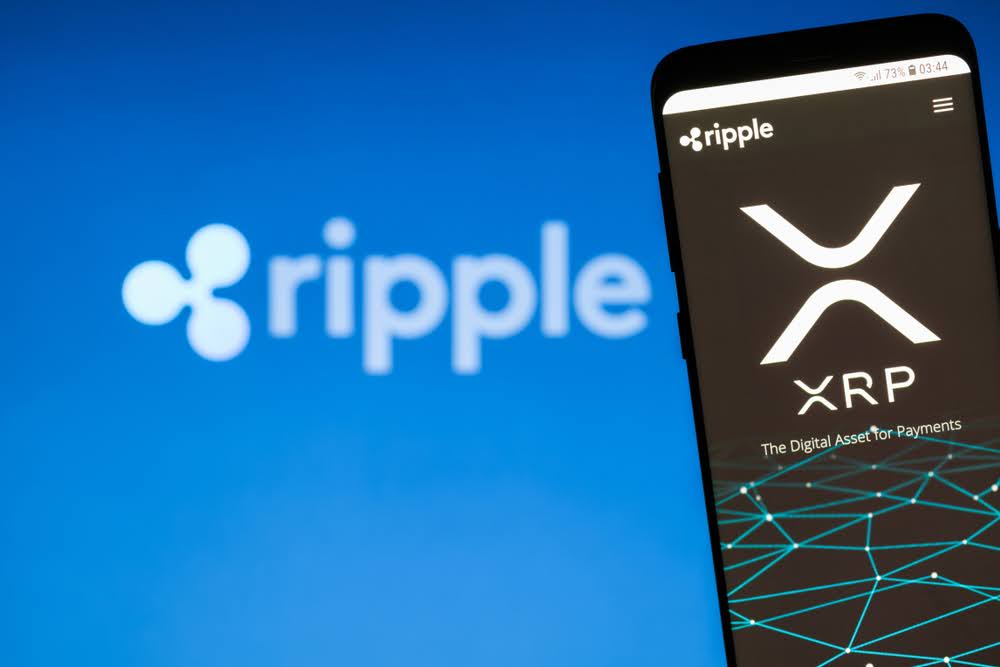Unlock the Editor’s Digest for free
Roula Khalaf, Editor of the FT, selects her favourite stories in this weekly newsletter.
Jean-Marie Le Pen, the founder of France’s far-right National Front party who campaigned against immigration and spent decades needling rival French politicians from the left to the centre-right, has died at the age of 96.
Le Pen reached the second round of the 2002 French presidential election in a moment that shocked France and led voters to cast their ballots heavily for his opponent Jacques Chirac to block the far right from power.
His daughter, Marine Le Pen, succeeded him as party leader in 2011 and has twice reached the second round of presidential elections. She has sought to soften the party’s image, renaming it the Rassemblement National and overseeing her father’s exclusion from the party.
In a statement to AFP, Le Pen’s family said that he had died on Tuesday at midday.
Paying tribute to the far-right leader on X, Jordan Bardella, RN president, said that Le Pen had “always served France, defended its identity and its sovereignty”, as both a political leader and soldier in the French army in Vietnam and Algeria.
“Today I think with sadness of his family, his loved ones, and of course of Marine whose mourning must be respected,” he said.
Le Pen co-founded the Front National party in 1972 and galvanised the far-right movement.
“Amid adversity and opprobrium, he raised this small patriotic party without means or future to the rank of the political formations that count,” the RN said in statement.
François Bayrou, President Emmanuel Macron’s current prime minister, paid tribute to Le Pen’s political endurance.
“Beyond the controversies that were his favourite weapon and our necessary disagreements on the substance [of his arguments], JM Le Pen has been a figure of French political life,” Bayrou said on X. “We knew, by fighting him, what a fighter he was.”
In a terse statement acknowledging Le Pen’s death, the Élysée said: “The President of France expresses his condolences to his family and loved ones.”
Jean-Marie Le Pen was convicted on multiple occasions for hate speech and discrimination, including Holocaust denial, and never managed to fully enter the mainstream of French politics — something only achieved by his daughter Marine in the past few years.
He infamously described the Nazi gas chambers as a “detail” of history, and his extreme and antisemitic views led to his exclusion from the party he founded.
Jean-Luc Mélenchon, leader of the far-left La France Insoumise (France Unbowed) party, said the actions of Jean-Marie Le Pen in his lifetime remained “unbearable” even for people who respected the dignity of the dead and the grief of their loved ones.
“The fight against the man is over. The fight against the hatred, racism, Islamophobia and antisemitism that he spread continues,” Mélenchon said.
Although the RN under Marine Le Pen has sought to distance itself from its founder, the party said Jean-Marie Le Pen had “proved to be a visionary, pushing into the public debate the big subjects that structure political life today”, such as immigration and globalisation’s impact on France.
In last summer’s legislative elections, the RN fell short of its aim to form a government but emerged as the country’s largest political party.
Marine Le Pen has steadily increased her vote share in the three presidential elections she has contested and is expected to run for a fourth occasion in 2027, unless she is disqualified by a court ruling in a case over alleged embezzlement of EU funds.
Credit: Source link














